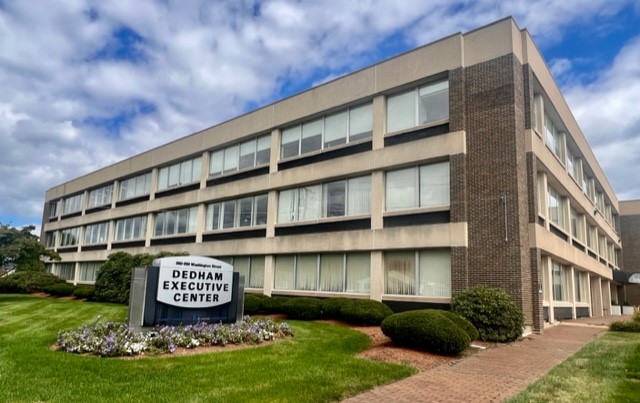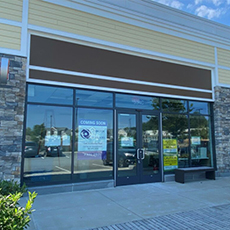Fuchs’ Corneal Dystrophy
Fuchs’ corneal dystrophy is a genetic condition that affects the microscopic cells making up the inner layer of the cornea. The inner layer of the cornea consists of endothelial cells whose function is to pump fluid out of the cornea. This pumping function is necessary for the cornea to remain clear and provide clear vision for the eye.
Patients with Fuchs’ have a reduction in the number of endothelial cells in the inner layer, which causes the cornea to become abnormally thick or swollen. It is a progressive disease that slowly gets worse over time.
Symptoms
In the early stages, most Fuchs’ patients may be asymptomatic, while some may merely notice glare and light sensitivity. As the disease progresses and more cells are lost, the vision may be blurred especially in the morning, and improve gradually back to baseline throughout the day. In the late stages of the disease, patients with Fuchs’ will have vision that is continuously blurred throughout the day and continues to deteriorate over time.
Treatment
Although Fuchs’ Dystrophy cannot be cured, there are certain medications that can be used to reduce corneal swelling and maintain one’s vision. Likewise, other environmental changes can be made to optimize a patient’s vision.
A corneal transplant is indicated when the vision deteriorates to the point that it impairs the patient’s ability to function. Ophthalmologists have excellent success rates performing corneal transplants, with over 40,000 procedures completed each year. Of all organ transplant surgeries, corneal transplants are the most common and successful.
Recent advances in corneal transplantation techniques have established DSAEK surgery as the gold standard for patients with Fuchs’. DSAEK, which stands for descemets stripping automated endothelial keratoplasty, is a partial-thickness corneal transplant that replaces only the innermost layer of the cornea. DSAEK is a relatively new surgical technique that affords significant improvements over traditional corneal transplants for patients with Fuchs’ Dystrophy. The surgery itself takes less time, involves a smaller surgical incision, requires minimal stitches, has a shorter healing time, and a faster visual recovery.
Meet Our Team
The Lexington Eye Associates team is led by board-certified doctors considered to be leaders in the field of ophthalmology. Get to know us.
If you have questions or would like to book an appointment, please call (781) 876-2020 request your consultation.














